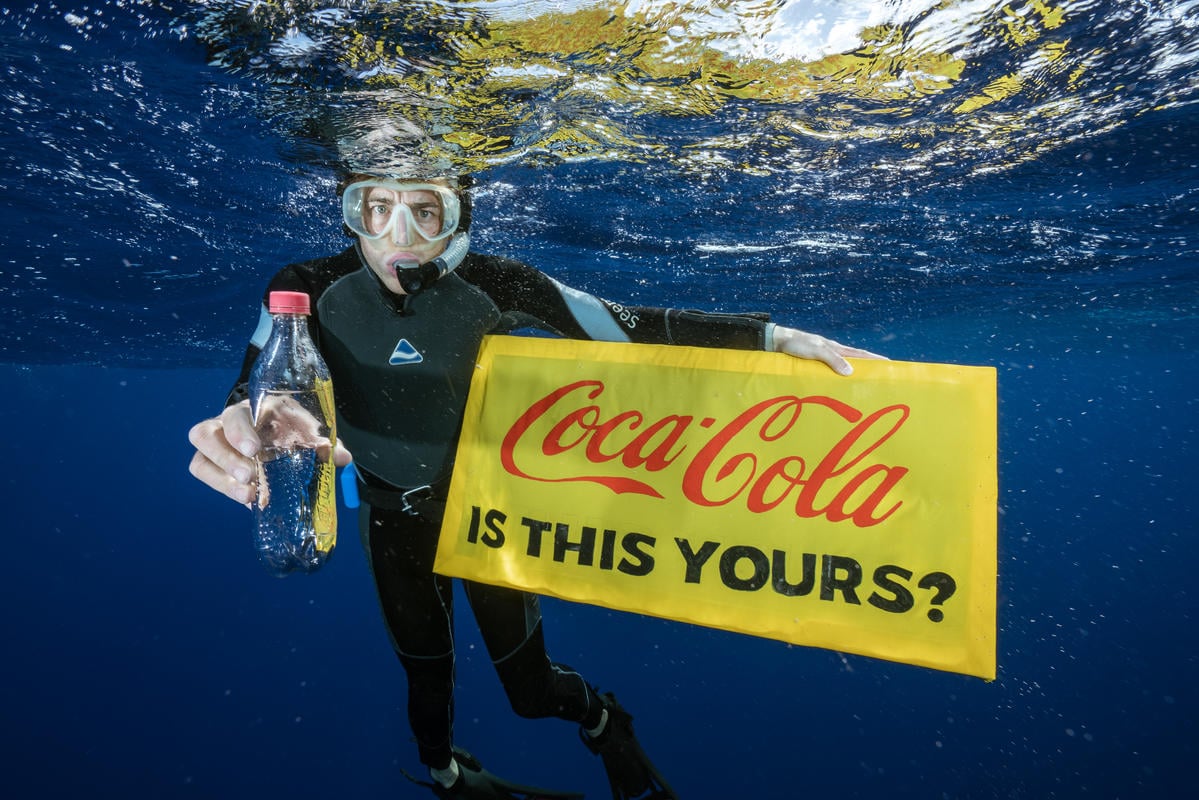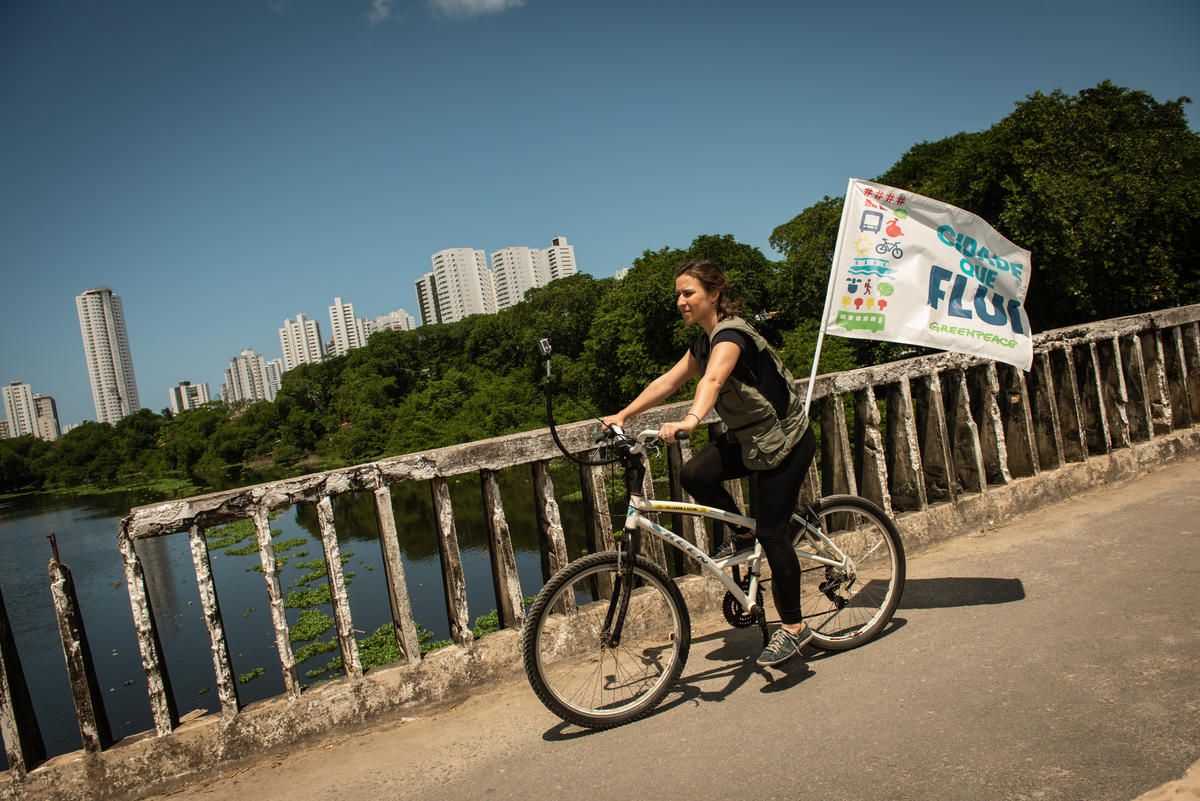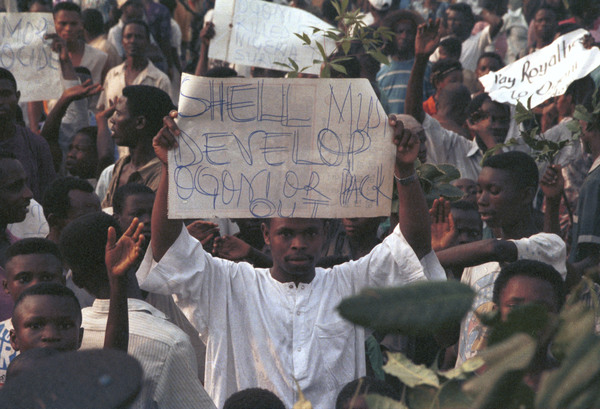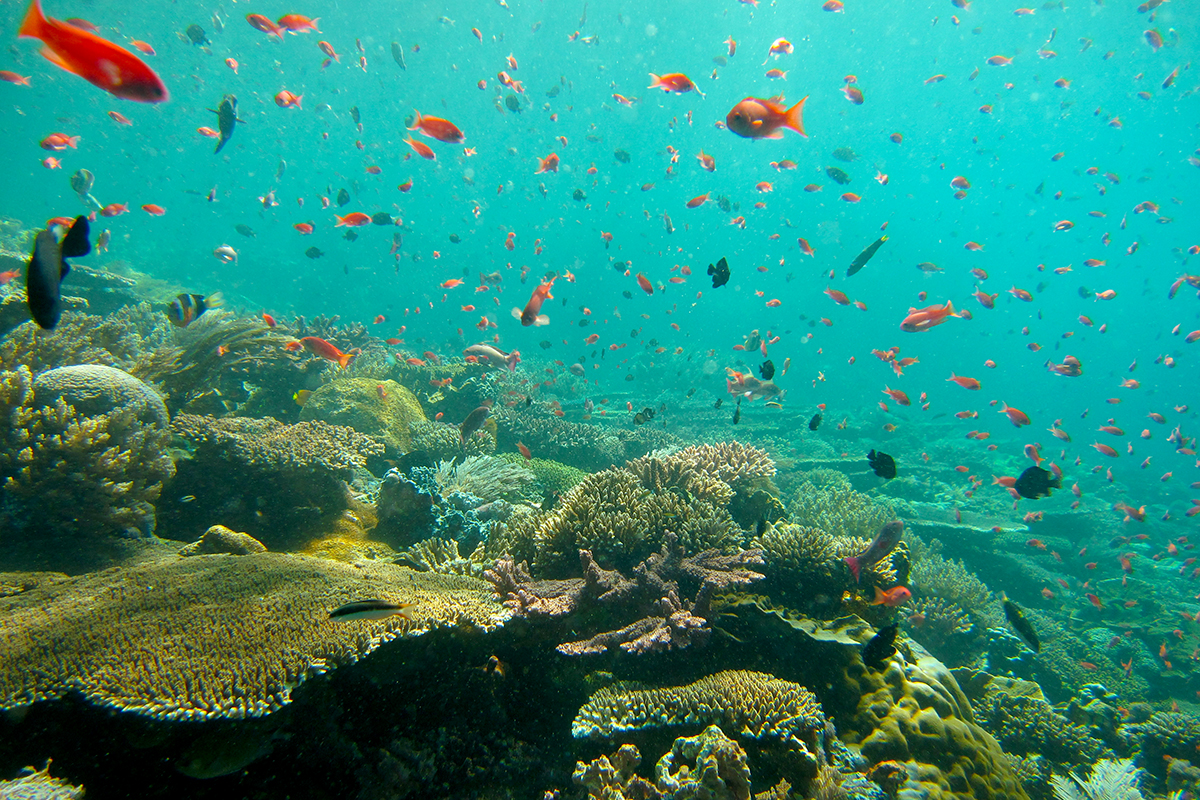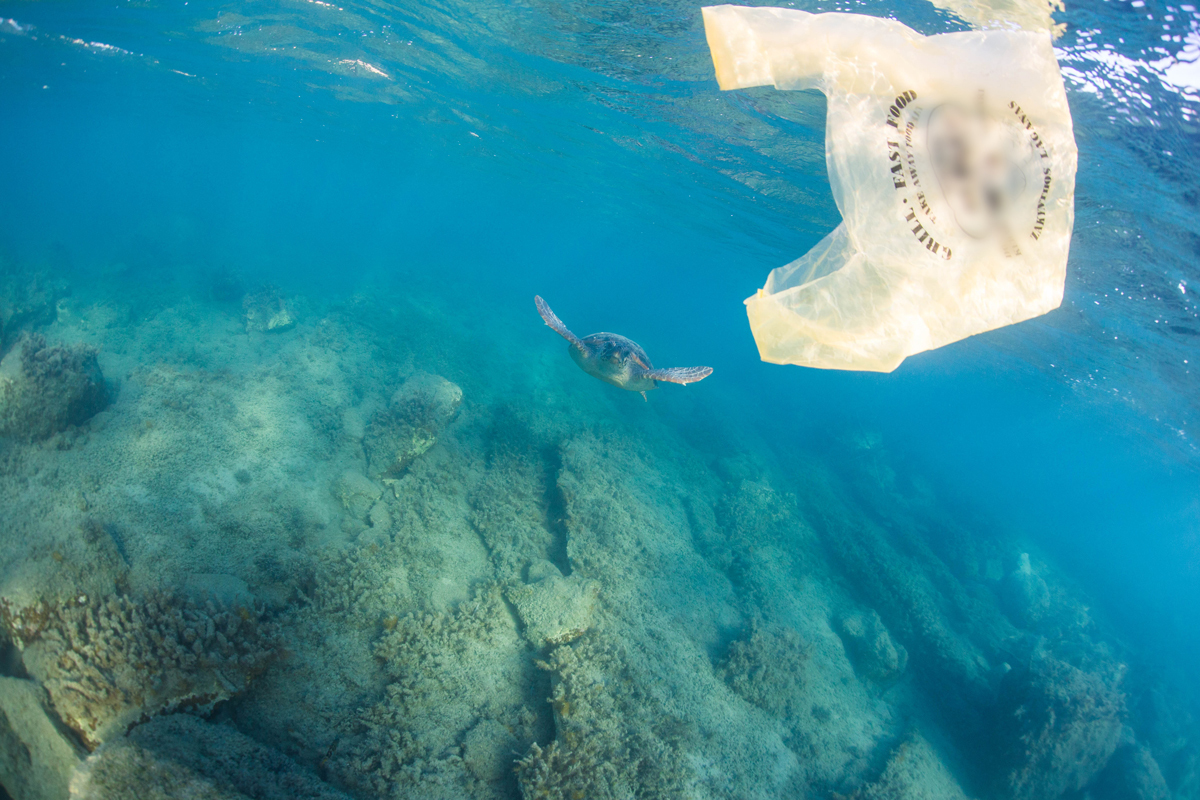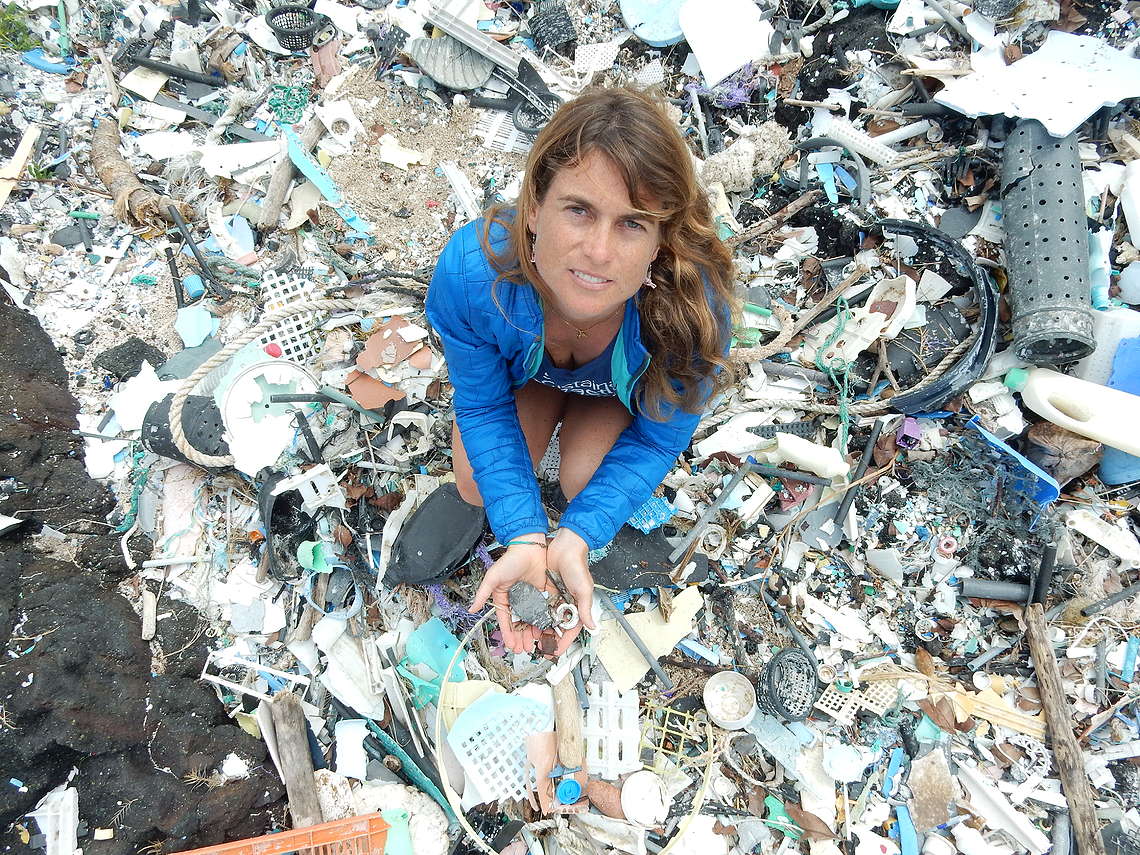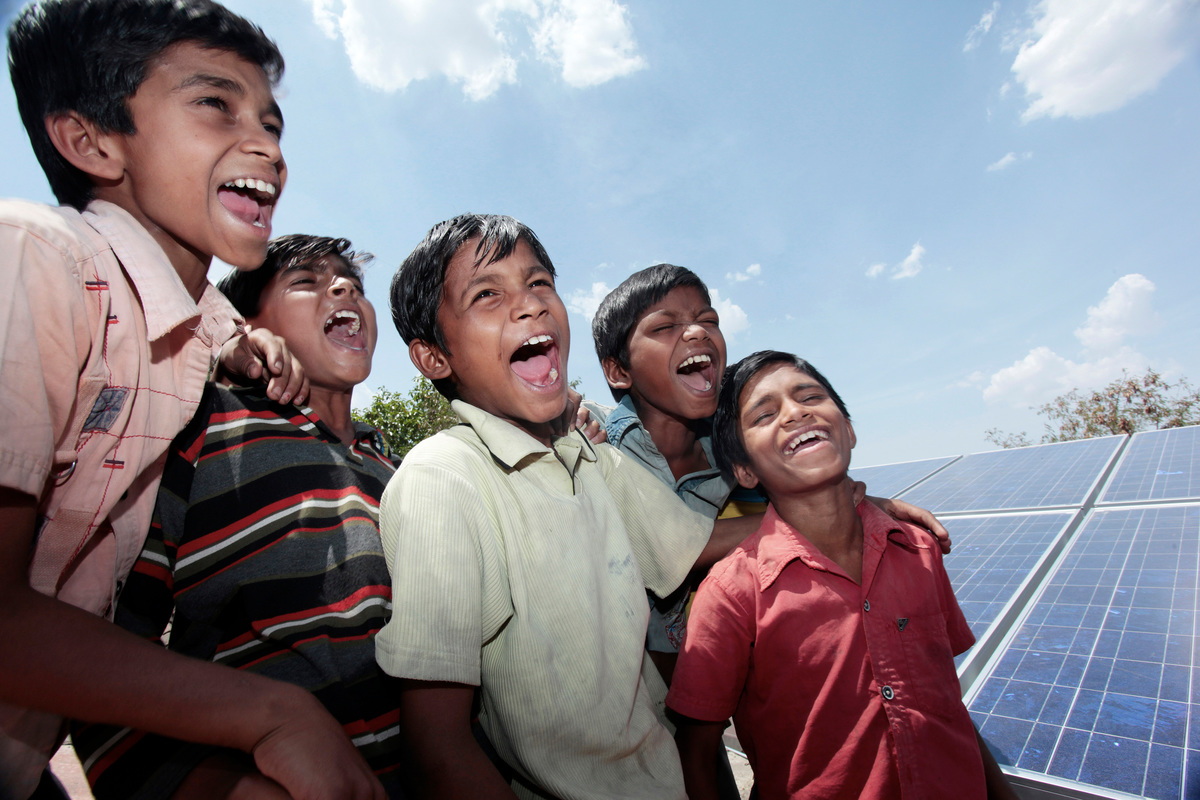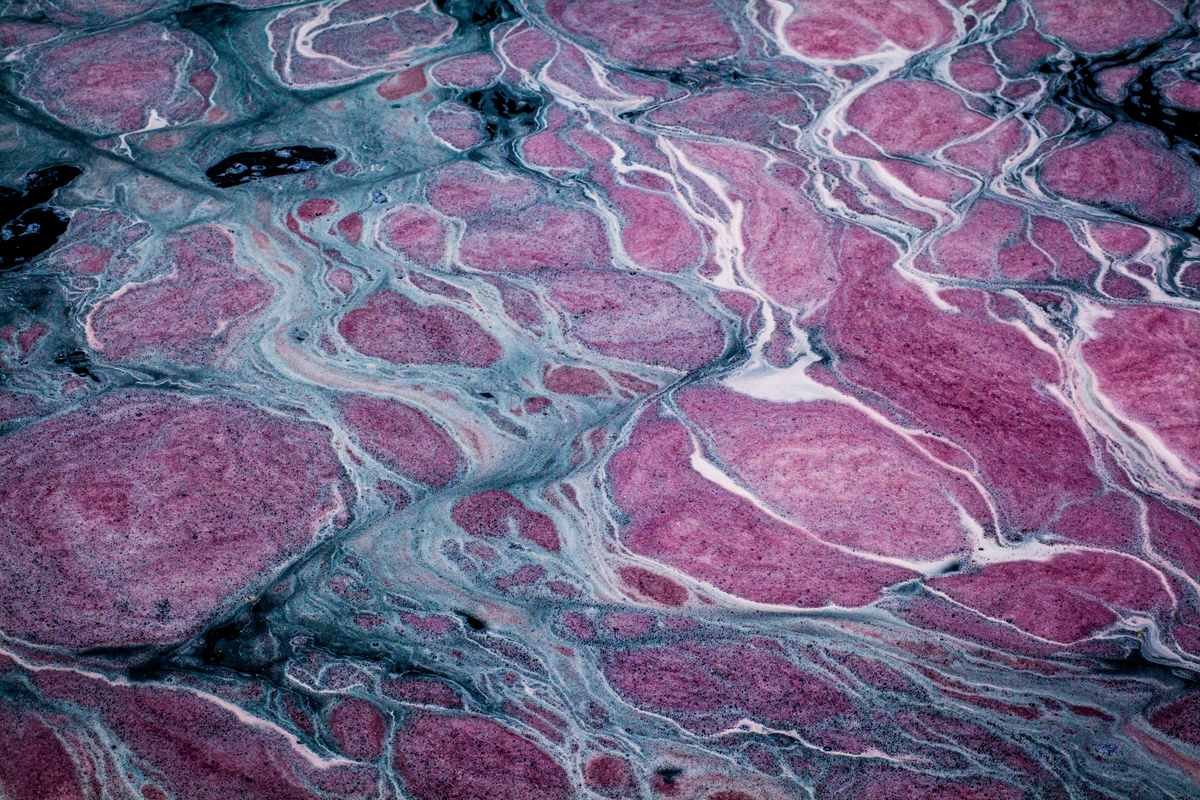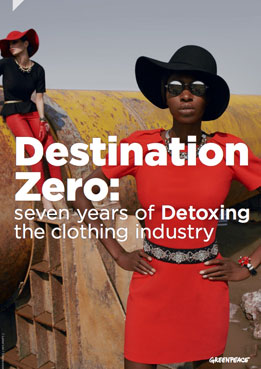All articles
-
Coca-Cola, PepsiCo, and Nestlé found to be worst plastic polluters worldwide in global cleanups and brand audits
"These brand audits offer undeniable proof of the role that corporations play in perpetuating the global plastic pollution crisis."
Greenpeace International4 min read -
The Zero Draft Legally Binding Instrument on Business and Human Rights
This is a story about power; who has it and how they use it. The growth of corporate power over the decades has changed how governments make policy and what…
Charlie Holt, Shira Stanton and Daniel Simons4 min read -
How I woke up to the plastic pollution problem
"The water seemed more like a trash site than ocean."
Torben Lonne4 min read -
10 things you’ve always wanted to ask about plant-based nutrition
Can you REALLY get all the vitamins you need from fruits and vegetables alone?
Natalie Siniora7 min read -
New Zealand ban on single-use plastic bags a win for people power
"It’s time for the world’s largest governments and companies to recognise that we cannot recycle our way out of this problem."
Greenpeace International1 min read -
Plastics aren’t just polluting our oceans — they’re releasing greenhouse gases
As if you needed another reason to break free from plastic there's now a link between greenhouse gases and plastic in the environment.
Sarah-Jeanne Royer2 min read -
What a green and peaceful future could look like
Imagine an economy that works for the many and their environment instead of just the few. One that moves away from a throwaway culture and consumerism. One which is simultaneously free, fair and sustainable.
Paula Tejón Carbajal5 min read -
Greenpeace report: clothing industry shows progress in cutting hazardous chemicals
“While we are extremely happy to see the progress of Detox companies towards cleaning up their supply chains, 85% of the textile industry is still not doing enough..."
Greenpeace International2 min read -
Destination Zero
A new Greenpeace Germany report shows the progress of global clothing brands and suppliers in detoxing from hazardous chemicals, as well as identifying future challenges for all stakeholders
Greenpeace International1 min read

